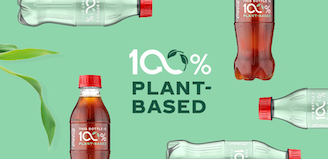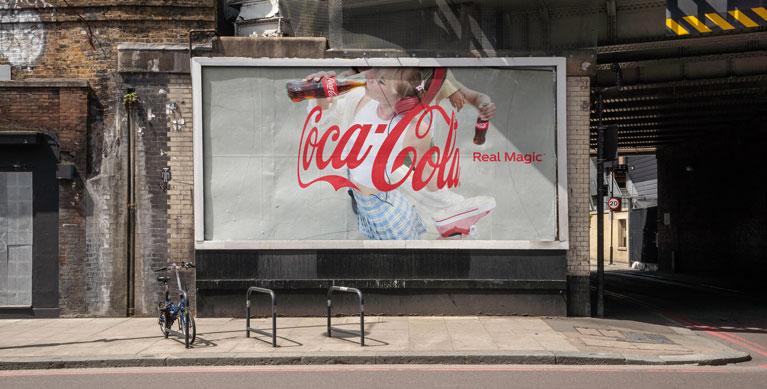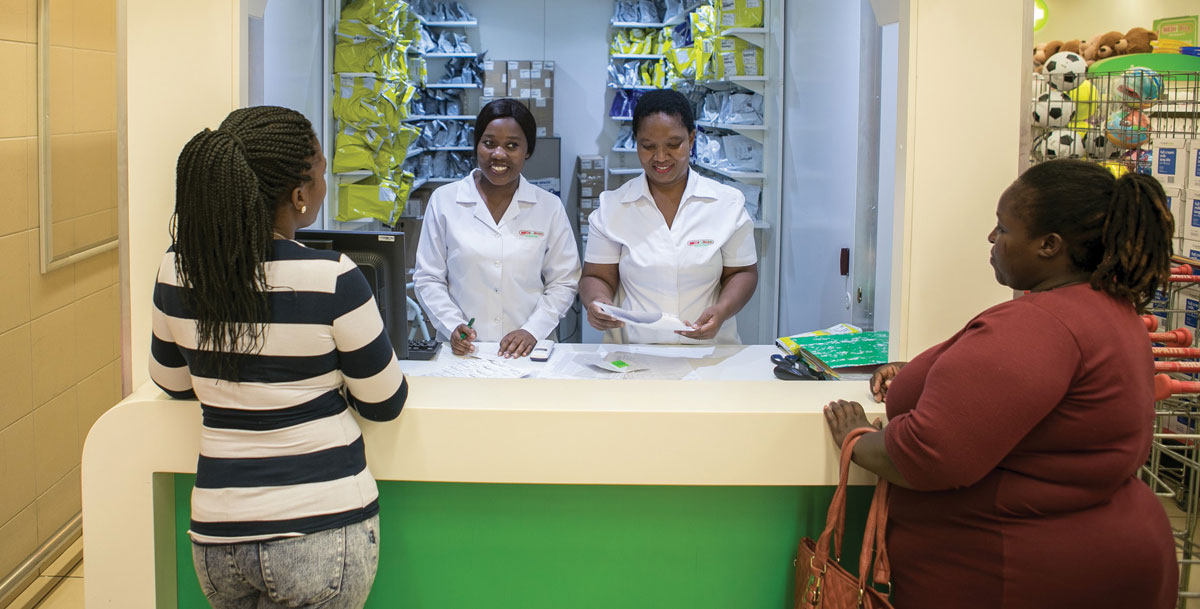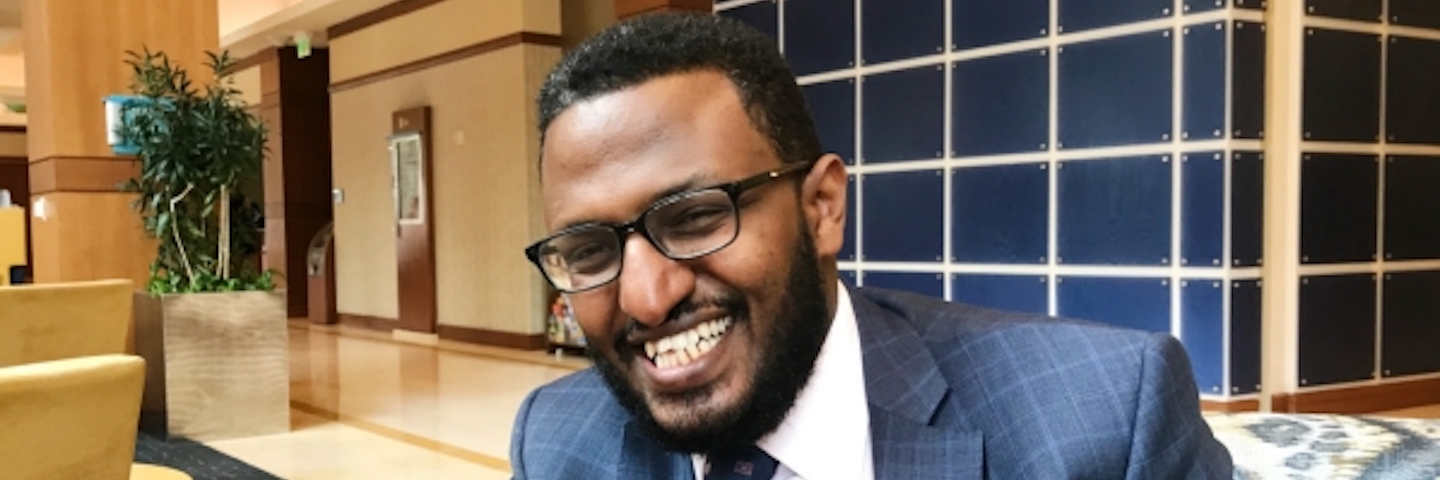
How Coke Scholar Samuel Alemayehu is Revolutionizing his Hometown with Africa's First Waste-to-Energy Facility
Turning Trash into Treasure
07-01-2019
Australia has them. Canada has them. Denmark, Finland and Japan do, too. The United States has more than 70.
So why, wondered 2004 Coke Scholar Samuel Alemayehu, didn’t Africa have any waste-to-energy facilities?
“When we wanted to build a facility in Africa, I was told it could not be done because it would be too expensive,” Alemayehu said. “There are a lot of them in Europe, but nobody had done anything like it in emerging markets.”
But in the mountains of garbage overwhelming landfills in his native Ethiopia, he saw potential.
“Going back to the place where I grew up, seeing kids who look like me living in garbage dumps that everybody has ignored – I looked at the pile of garbage and thought, ‘You know, there’s this huge complex mountain... 3,040 football fields long, 70 meters high. People are eating from there. How can I make it better?’”
“Make it better” is a theme woven throughout Alemayehu’s life.
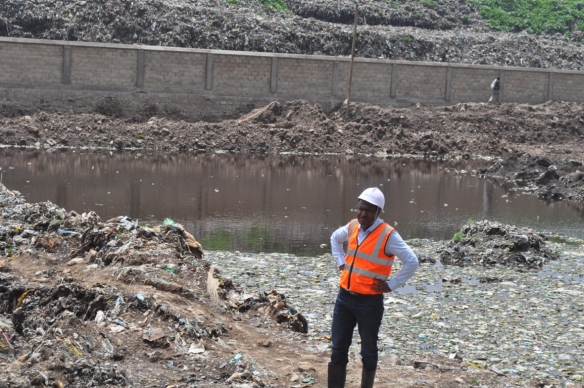
But in the mountains of garbage overwhelming landfills in his native Ethiopia, he saw potential.
Iamfinethankyou
As a child, Alemayehu saw his father go to prison for political reasons. He ultimately lived with his mother, a teacher, and his four siblings in a single room. When his family moved to the United States, he started high school as a freshman lacking a vital skill: English.
“I used to think ‘I am fine, thank you’ was one word, as in ‘Iamfinethankyou,’ until a teacher explained to me it was five,” he recalled.
He began his studies in an ESL (English as a Second Language) program, but met with his teachers for extra tutoring, thinking he’d never catch up to his peers unless he put in extra effort.
This mindset paid off big time. During his senior year, he was named school valedictorian and competed in national math and physics Olympiads.
“I’m grateful for the teachers who gave me extra help," he said. "Without it, I wouldn’t have become valedictorian. And then Coca‑Cola gave me a $20,000 college scholarship because they believed in me. That helped shape the rest of my life. When I started my businesses, I remembered how an organization that has a lot can also give back a lot. It made me want to make sure the things I do have the biggest, real impact."
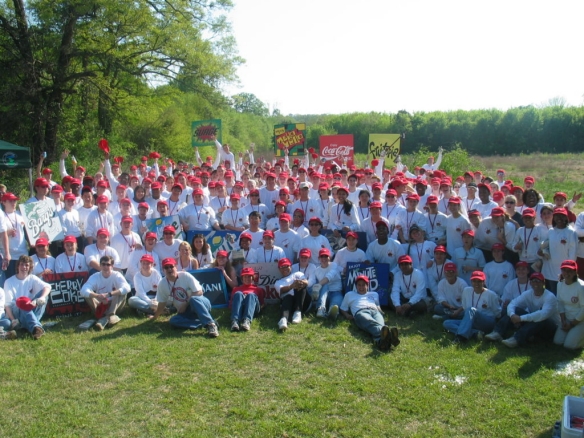
Alemayehu attended Stanford University and created a tutoring program for students at the nearby Boys & Girls Club with fellow Coke Scholar Mike Woodward.
“We emulated a popular MTV show and gave the kids a beat-up golf cart and told them to transform it into a souped-up car," he said. "The catch was, for everything they put on it, they had to learn how it worked.” After raising $20,000 for the modifications and other activities, they brought in Stanford professors, including Nobel laureates, to teach them about all the upgrades they wanted to add, including solar panels, TVs and more.
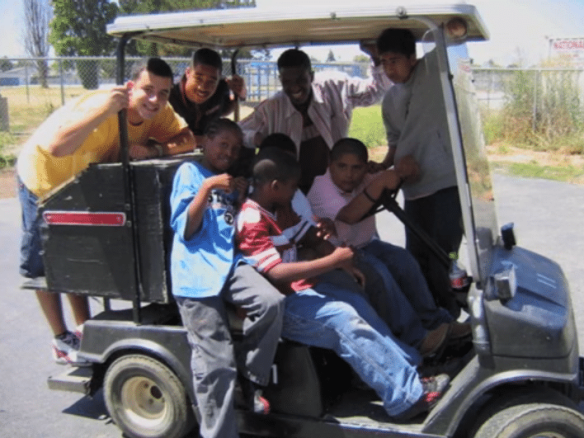
Opening the Roof
After graduating, Alemayehu's first venture was in the mobile phone industry in Silicon Valley. He had an idea to help pregnant women in Africa through text messaging, sending health information in small, incremental messages translated into different languages.
But he ran into some difficulties. Frustrated, he vented to his parents, and his mother shared a story that changed his life.
A young Ethiopian woman is desperately looking for something outside, and a wise old man asks what she is doing. “I lost my sewing needle inside the house,” she said. The man asked, “What are you doing outside?” and she said, “Because it’s dark inside.”
“My mom explained that the way business is done in Africa is exactly where the challenge is – on the ground. I had to identify what my role was," Alemayehu said. "My role was to open up the roof and let the light in. And that proverbial needle can only be found by that lady that goes back and tries to find it. How can I empower her? I didn’t want to pretend to be the local when I was in Silicon Valley. So, two weeks later, I packed up and went to Africa."
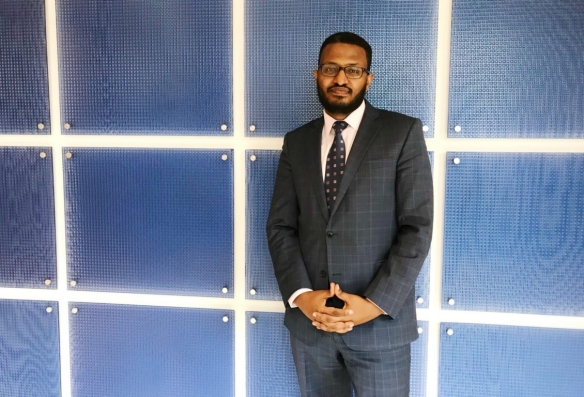
After he arrived, he helped start 4AFRI and LotoPhone, successful mobile service operations, in more than a dozen African countries. While there, he noticed prominent landfills and became consumed with how they could be turned into energy. So much that someone had actually saved him as “Garbage Sam” in their phone.
“All I could talk about is what could be done with garbage," he said. "How could we turn it into electricity? How many light bulbs is that?”
The idea seemed doable. Waste-to-energy facilities were located all over the world. But there was a reason there wasn’t one in Africa: the types of trash in these landfills made it too expensive. Plastic and paper create a lot of energy, but Ethiopians are more likely to use reusable glass bottles than plastic bottles. The landfills didn’t have enough high-energy materials to make it financially feasible.
Undeterred, Alemayehu co-founded Cambridge Industries Ltd. and continued to research the idea, uncovering some game-changing intel.
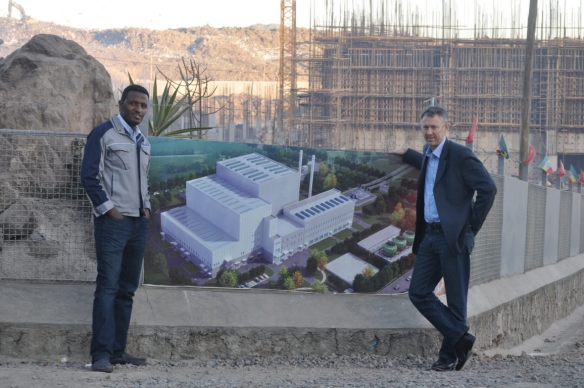
Trash to Treasure
Samuel and Cambridge Industries co-founder Robert Seabrook with a drawing of the plant.
“We found that the facilities in Europe are not only designed by engineers," he said. "They’re also designed by politicians who are focused more on how the facility looks than what it does."
Working together with engineers, he and his team created an innovative and ambitious plan, and began construction in Addis Ababa in September 2014. Three years later, their facility was ready, and the impact has been enormous.
Fulfilling the Promise
The facility, called Reppie, takes not only 80% of the city's garbage and turns it into 25% of its electricity, but also has created 20,000 jobs in total. These jobs employ workers to clean up their community.
“I know where I came from, and it was very important to me to go back and do something about where I had grown up – that’s what I’ve always wanted," Alemayehu said. “When I look back, my life would not be possible without the generosity of strangers. I was fortunate to win a lot of scholarships. But the Coca‑Cola Scholars program – it was not separated by gender or separated by race. It’s not separated by income level. It’s about the person.
“The scholarship money was very, very helpful. But beyond the money are the resources and the validation that what you’re doing matters. Someone thought I was going to do great things, and they wanted to help me go do them. And I want to fulfill that promise."
He’s paying it forward and empowering others, too. He helped finance the Peabody Award-winning documentary The Judge, which tells the story of Kholoud Faqih, the first female Sharia-Court judge in the Middle East.
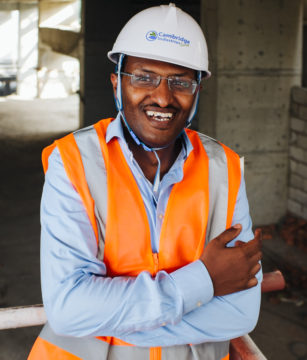
He’s also a passionate investor and partner in the Pitch & Flow movement, which connects emcees with entrepreneurs at business plan competitions presented in a rap battle format.
So what’s next for Samuel?
Bugs.
“We’re researching feeding food waste to insects that grow extremely fast," he said. "Black Soldier Flies consume a huge amount of food waste, grow really fast, and they’re fantastic chicken feed. They substitute soy and are higher in protein. In one facility that costs about $30 million, we’re producing a revenue of $20 million per year while removing garbage. The vision began in Africa, but it’s translating into a lot of projects all over the world."
Just call him Bug Sam.
Learn more about Samuel and the Reppie waste to energy plant in his interview with BBC.
The Coca‑Cola Scholars Foundation celebrates and empowers visionary leaders who are refreshing the world. With its 31st class of Coca‑Cola Scholars, the Foundation has provided more than $69 million in scholarships to more than 6,150 program alumni who together have become a powerful force for positive change.

